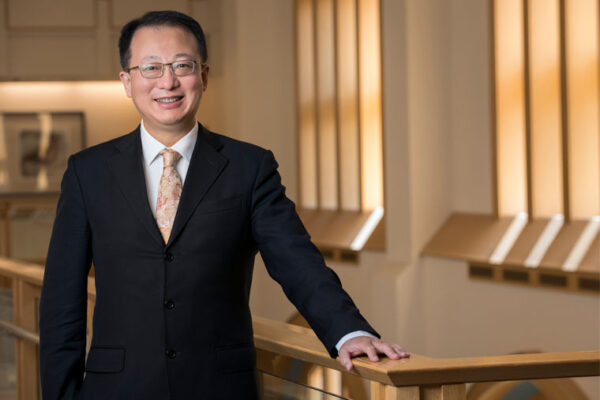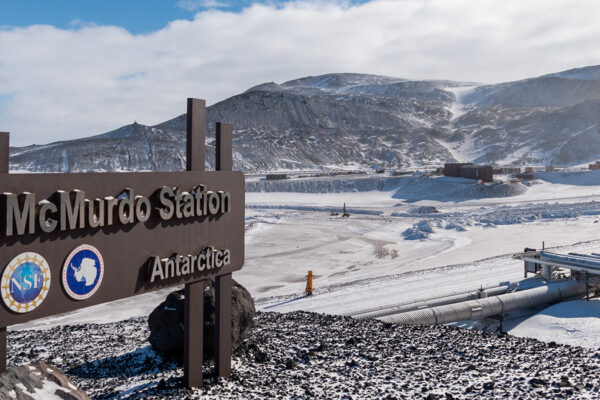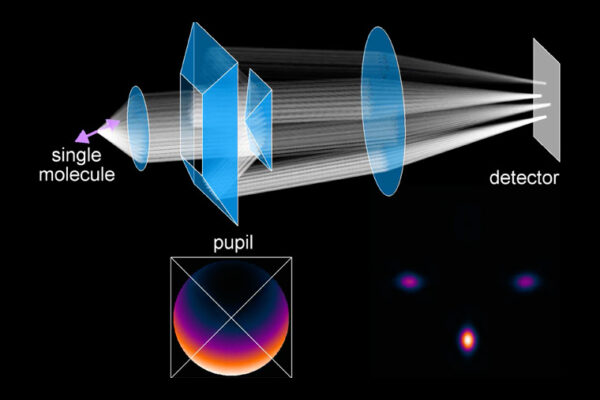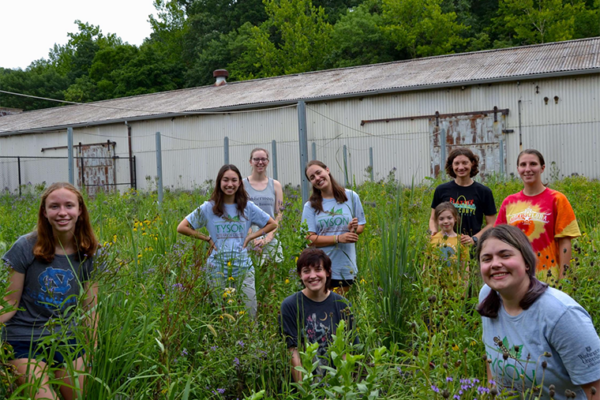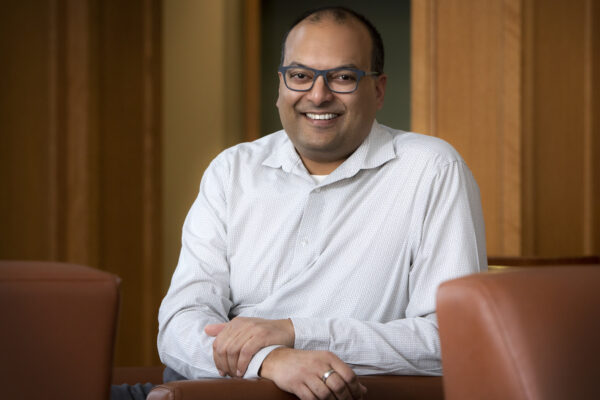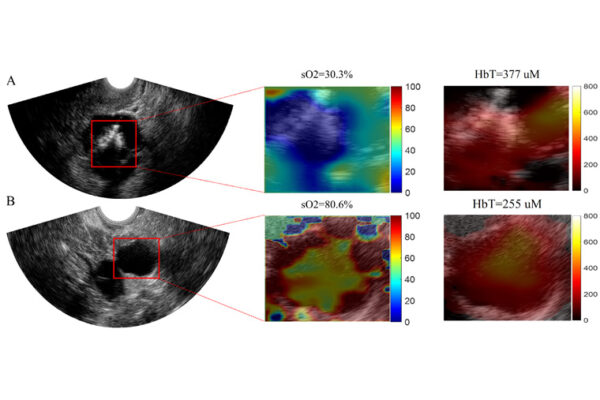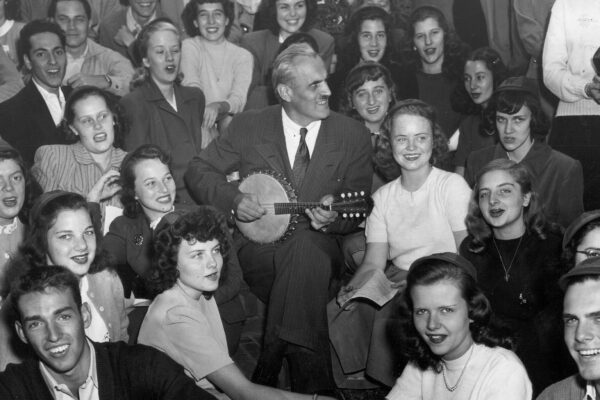Taking a closer look at blockchain security
Ning Zhang, at the McKelvey School of Engineering, plans to develop new defense tactics for blockchain with a four-year $360,000 grant from the National Science Foundation.
Entangled photons to take pictures in the dark
Joshua Yuan at the McKelvey School of Engineering is using quantum physics to develop technology to image photosynthesis in action without disturbing the process. The research has received support from the U.S. Department of Energy.
Back to Antarctica with SPIDER
Physicist Johanna Nagy in Arts & Sciences chases traces of “the beginning of the universe” using a balloon-borne instrument that will be launched in the next few weeks.
Telescope-inspired microscope sees molecules in 6D
A new imaging technology from the lab of Matthew Lew at the McKelvey School of Engineering uses reflection and refraction to more directly see molecules’ orientation and position.
Recycle holiday lights on campus
The Office of Sustainability will hold the annual holiday lights recycling drive now through Feb. 1.
‘Humans of Tyson’ project highlighted at statewide conference
Colleen McDermott, a junior environmental analysis major in Arts & Sciences, discussed working with the “Humans of Tyson” project at Tyson Research Center during the recent 2022 Kansas and Missouri Environmental Education Conference.
Patwari to develop ways to share the spectrum with NSF grants
Two National Science Foundation grants will support the McKelvey School of Engineering’s Neal Patwari as he develops ways to optimize and safeguard the finite amount of radio spectrum bandwidth.
Machine learning model builds on imaging methods to better detect ovarian lesions
Research from Quing Zhu’s lab at the McKelvey School of Engineering yields a novel method to use ultrasound to enhance machine learning’s ability to accurately diagnose — or rule out — ovarian cancer.
Physicists awarded DOE supercomputing time for ‘high-impact’ projects
Alex Chen, Saori Pastore, Maria Piarulli and Yajie Yuan, all in Arts & Sciences, will pursue transformational advances in their fields using the Department of Energy’s leadership-class supercomputers.
‘Compton effect’
Arthur Holly Compton, WashU’s ninth chancellor, conducted X-ray scattering experiments in 1922 that demonstrated the particle nature of electromagnetic radiation. At the time, the idea that light had both wave and particle properties was not easily accepted. His discovery stimulated the development of quantum mechanics and was recognized with the Nobel Prize in 1927.
Older Stories

